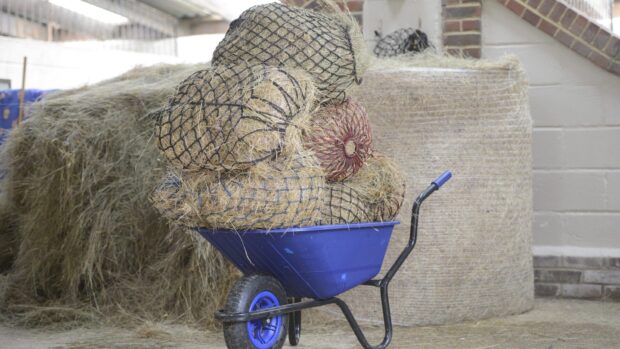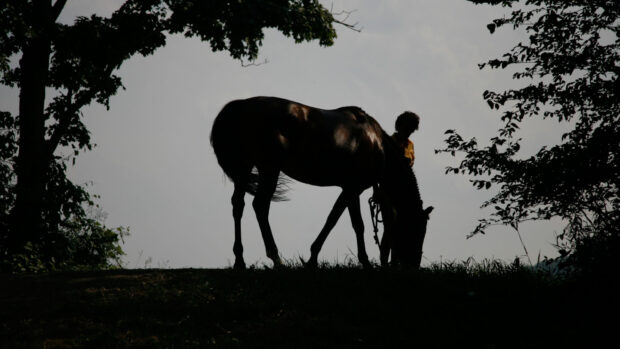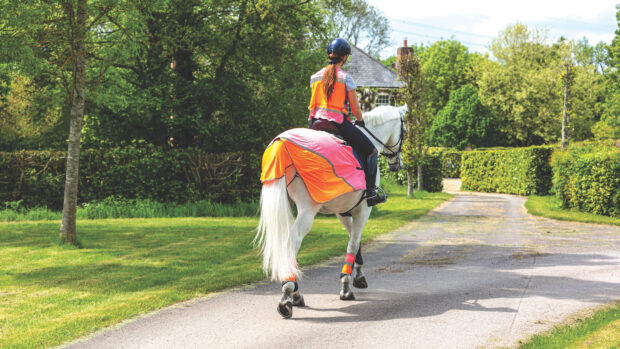The implications of Avian Influenza (AI) on equestrian sports, tourism and recreation has been assessed by the British Equestrian Federation (BEF). After consulting with Defra, the BEF has published a briefing which addresses concerns that the public might have.
“The actual implications depend on the specific circumstances of the outbreak,” said a spokesperson for the BEF. “But we have prepared this briefing to answer some of the questions people might have.”
In the document, the BEF is keen to point out that AI is a disease of birds, not humans.
“People can become infected but rarely are. Although certain strains of AI do have the potential to spread to humans, such spread is rare and the current scientific evidence is that it requires close and prolonged contact between humans and infective birds or their faeces,” says the BEF. “There is no confirmed evidence that H5N1 has acquired the ability to pass easily from person to person.”
Summary of questions and answers
Q. Is there a need to restrict any recreational or sporting activities or events?
A. There is no need to restrict, postpone or cancel any recreational or sporting events, nor for people to alter their plans to visit the countryside for any recreational or sporting activities.
Q. Is there a need to restrict any events involving animals?
A. There is no need for events involving gatherings of animals to be restricted, postponed or cancelled. The exceptions are gatherings of birds, such as for fairs, markets and shows, which need to take place under general licence; and pigeon racing to and from other countries, which is currently banned.
Q. Now that there has been an outbreak of Avian Influenza in Britain, should people stay away from the countryside?
A. There is absolutely no need for people to stop visiting the countryside. The vast majority of attractions, recreational and sporting events and activities are unlikely to be affected, even if they are near places where there are collections of wild birds.
There would, however, be certain controls and measures in the areas where the disease was present. For example, where Avian Influenza is found in wild birds, EU legislation requires us to prohibit the hunting of birds in any area within 10km of the outbreak. Other activities might need to be restricted if they created a significant risk of disease spread through large gatherings of birds, or caused wild birds to disperse. Such controls depend on the circumstances of the outbreak.
In the case of outbreaks of Avian Influenza, Defra immediately implements its Avian Influenza Contingency Plan, details of which you can find on the Defra website. Regular updates on the situation are available on the website and through the Defra Helpline. See below for details.
Q. Will there be closures of rights of way and other countryside access in the event of outbreaks of Avian Influenza?
A. Rights of way and other countryside access will only be closed in very limited circumstances where necessary to control spread of the disease – such as where a footpath runs through or near the area of the outbreak.
Where can I find out more?
You can find detailed guidance on Avian influenza, Biosecurity and Defra’s Exotic Animal Disease Generic Contingency Plan on the Defra website at www.defra.gov.uk – click on ‘Avian influenza (bird flu)’ in the Quick Links.
You can also contact the Defra Helpline for information on any aspect of Defra’s work. Phone 08459 33 55 77 or email: mailto:helpline@defra.gsi.gov.uk



